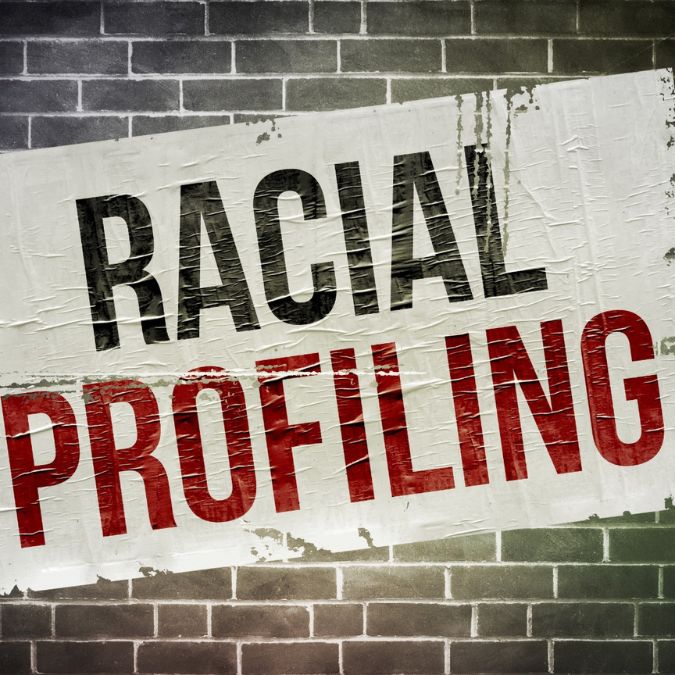In America, discussions around race often surface in response to specific events or during movements that aim to highlight systemic inequalities. Yet, there are numerous subtle, everyday advantages linked to being white that go unmentioned in public discourse. These unspoken benefits can influence everything from professional opportunities to interactions with law enforcement.
Understanding these privileges is crucial for addressing racial disparities and fostering a more equitable society. Let’s explore some of the less-discussed advantages that can come with being white in America.
1. Presumed Competence in Professional Settings
White individuals often benefit from the presumption of competence in their professional lives. They are less likely to have their qualifications questioned than their peers of color, who might find themselves having to prove their competence repeatedly. This presumption allows for greater career advancement opportunities and less scrutiny, facilitating a smoother professional journey.
2. Easier Access to Housing
Studies show that white Americans often encounter fewer barriers when searching for housing. They are less likely to face discrimination in rental applications and home buying than minorities. This easier access extends to better negotiation treatment, more favorable loan terms, and a broader selection of neighborhoods that might be implicitly ‘off-limits’ to people of color.
3. More Favorable Interactions with Law Enforcement
White individuals generally have more positive interactions with police and other law enforcement agencies. They are less likely to be suspected of criminal activity, stopped, searched, or subjected to violence during encounters with the police. This can lead to a greater sense of safety and trust in law enforcement that is not experienced universally.
4. Wider Representation in Media
White Americans see themselves widely and positively represented across all media forms, from television and film to books and news outlets. This representation not only affirms their identity but also shapes societal standards of beauty, normalcy, and success, reinforcing a sense of belonging and acceptance in society.
5. Benefit of the Doubt in Everyday Interactions
In everyday situations, from shopping in stores to dining in restaurants, white individuals often receive the benefit of the doubt. They are less likely to be followed, questioned, or suspected of bad intentions. This unspoken benefit reduces stress and discomfort in daily activities, allowing for a more relaxed and unguarded experience.
6. Freedom from Racial Profiling
White Americans are largely exempt from the racial profiling that affects minorities, particularly in security-related situations, whether at airports, by police, or in other areas. This freedom from suspicion allows for a smoother and less intrusive experience in many public and private spaces.
7. Assumed Neutrality
White individuals are often seen as racially neutral, which means their actions and behaviors are less likely to be interpreted through the lens of race. This perceived neutrality allows for greater individuality without the burden of representing or misrepresenting an entire race.
8. Historical and Generational Wealth
White families are more likely to have accumulated wealth over generations, partly due to historical advantages in property and education access. This generational wealth provides a financial cushion that can afford better educational opportunities, start-up capital for businesses, and a safety net during financial hardships.
9. Easier Access to Quality Education
White students often have access to better-funded and higher-quality schools, largely because school funding is tied to property taxes, which are higher in predominantly white neighborhoods. This access lays a foundation for higher educational attainment and better long-term economic outcomes.
10. Less Burden of Representation
White individuals rarely feel the pressure to represent their race in diverse settings. This absence of representational burden allows them to act as individuals rather than as spokespersons for their race, reducing the pressure and stress in social and professional interactions.
11. Greater Social Mobility
With fewer barriers in education, employment, and within social networks, white individuals often experience greater social mobility. They can navigate different social strata with more ease, accessing opportunities and resources that might be more challenging for minorities to reach.
12. Implicit Trust and Credibility
White Americans often benefit from implicit trust and credibility from others, including in professional and personal interactions. This can lead to faster career advancement, better customer service, and more influence in various contexts.
13. Freedom from Cultural Tokenism
Unlike their peers of color, white individuals are seldom put in a position where they are expected to educate others about their race or to share cultural insights in settings where their race is in the minority. This avoids the tokenism that can be both exhausting and isolating.
14. The Option of Ignorance
Finally, white individuals often have the option to remain ignorant of racism and its effects. This “luxury of obliviousness” allows them to disengage from discussions and efforts around racial equality without immediate personal repercussions, unlike minorities whose lives may be directly impacted by racial issues.
Understanding These Benefits
Recognizing the unspoken benefits of being white in America is essential for fostering a more equitable society. This understanding can illuminate the subtle ways in which racial privilege manifests and perpetuates disparities. By confronting these often invisible advantages, we can collectively work towards dismantling systemic inequalities and building a community that upholds justice and equality for all its members.
Read More
Decoding the 11 Most Confusing Phrases in American English
14 Alarming Ways Racial Disparities Persist in Healthcare Today
















